Online casino regulations updated in Germany, the Netherlands

The gambling sector in Europe and worldwide is thriving, fuelled by technological developments and changing lifestyles.
According to the European Gaming and Betting Association, last year, the European market registered a gross revenue of €75.9bn – with the online casino revenue increasing by seven per cent, from €24.5bn in 2019 to €26.3bn in 2020.
According to the same data, such growth – especially for online gambling – is expected to continue, with an expected annual growth of seven per cent. According to the EGBA, customers are also increasingly aware of safer gambling – with 63 per cent of customers using at least one safer gambling tool. During 2020, 1.2 million interventions were carried out with customers to promote safer gambling, a 50 per cent increase over 2019.
What also promotes safer gambling is legislation – with states aiming to find a regulatory balance that simultaneously encourages the gambling sector while keeping players safe.
Various legislation changes for online casino gambling are currently under way.
In Germany, for instance, the new Interstate Treaty on Gambling came into force last July 1. Prior to this, gambling laws in Germany were very strict – with online gambling restricted to sports betting, and internet casino games banned in all German states except Schlewsig-Holstein. This meant that online casino gambling in Germany was unregulated, and most of the revenue from German players was going to overseas companies.
With the new Interstate Treaty on Gambling, online casino gambling is set to be legalised in all of Germany. New licences are to be made available to operators – with such licences varying according to the state and to the type of games, such as poker, virtual slots and online casino Deutschland.
Legislation is also being amended in the Netherlands – and it came into effect last March, after years of drafting, with the previous legislation drafted and entered into effect way back in 1964.
The new Dutch regulations give online casino operators the opportunity to apply for and obtain the necessary licences to operate. Operators were given six months to avail of this opportunity – and this September, 35 online casino licences will be awarded, and therefore the operators’ websites will be able to operate legally.
The new Dutch regulations however impose a number of restrictions. Operators will not be able to accept bets for certain sporting events – including on matches in the Dutch third division or lower, matches in under-21 or younger categories, and friendly matches not organised by FIFA. Some events will also require an analysis to be submitted beforehand.
State regulations for gambling, whether land-based or online, are necessary, as they maximise the economic opportunities that the sector presents, while protecting as much as possible those whose preferred mode of entertainment is online casino gambling.













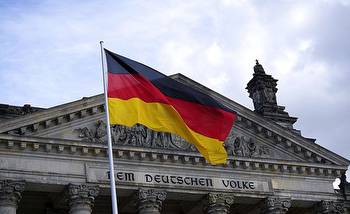


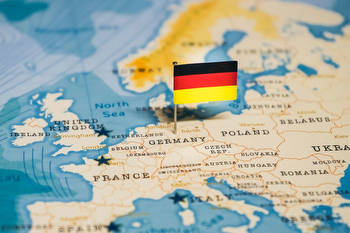

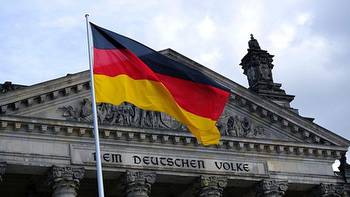
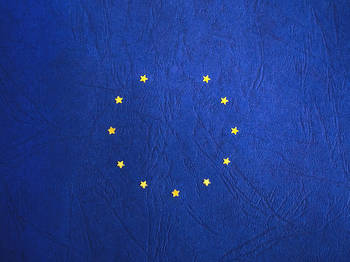
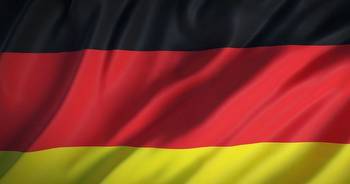






.jpg)



